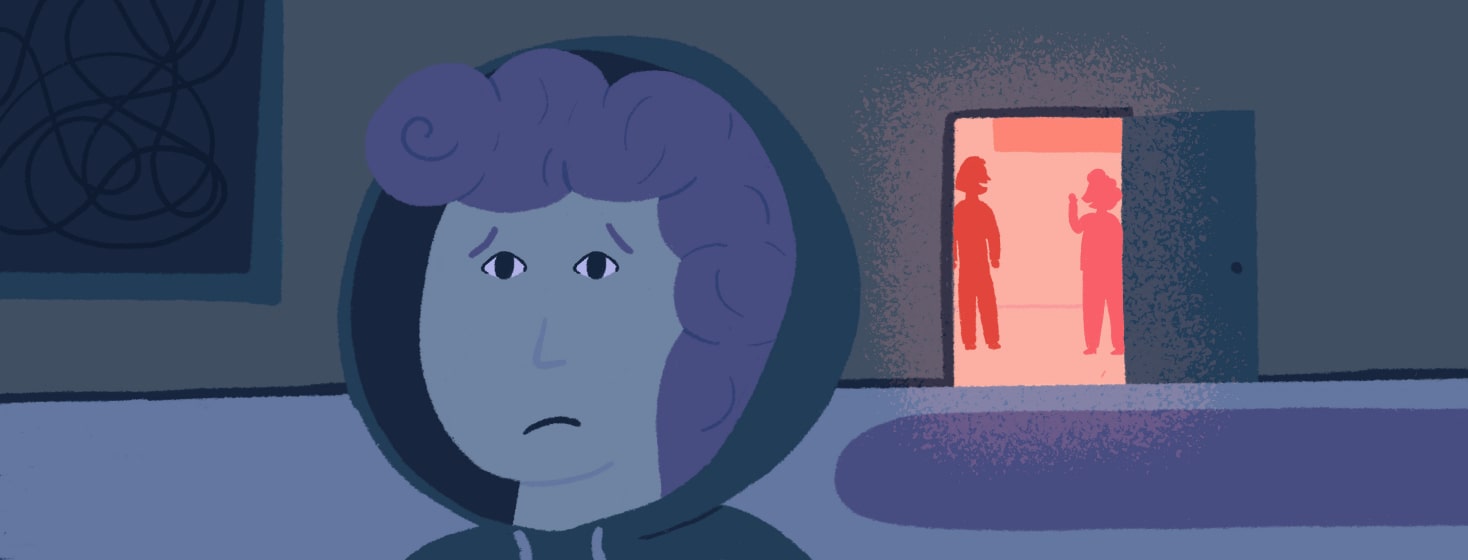How to Cope with Narcolepsy Stigma from Family
Living with narcolepsy isn't just an individual journey; it's a shared experience within the intricate web of family dynamics. While we hope for understanding and support from our loved ones, the reality for many of us with narcolepsy is quite different. It's a journey marked by emotional hurdles, misunderstandings, and concealed pain.
Confronting narcolepsy stigma within the family
Within the family unit, narcolepsy often remains an enigma, covered in presumptions and misconceptions. Loved ones might not understand the daily battles fought by those of us with narcolepsy – the constant fatigue, the fear of cataplexy attacks, and the overwhelming urge to sleep during seemingly inappropriate times.
These misunderstandings can lead to a profound sense of isolation for those of us with narcolepsy. Many of us feel alone in our struggles, emotionally disconnected from our own families, and burdened by the weight of stigma that's more personal than societal.
Narcolepsy can make me feel isolated within my family
One of the most significant challenges we can face within our families is the emotional toll of being misunderstood and unsupported. When family members lack knowledge about the condition or hold misconceptions, it can lead to hurtful comments, invalidation of experiences, and a sense of being judged.
Imagine the frustration of constantly explaining why you're so tired, why you can't stay awake during a family movie night, or why you sometimes need to cancel plans. These explanations can wear down even the strongest of us and even lead to feeling as though you’re an outsider in your own family.
This or That
Do you feel you have enough support from family and friends in your narcolepsy journey?
Coping with the pressure to act "normal"
In many families, there's an unspoken expectation that everyone should be "normal" – awake during the day, energetic, and free from any condition that disrupts the status quo. This pressure to conform to societal norms can at times be suffocating for us.
Most people fail to understand how this can lead some of us to push ourselves to the brink, attempting to hide our symptoms from our own families, striving to fit into the mould of what's considered "normal." This effort can be physically and emotionally exhausting, amplifying feelings of inadequacy and alienation. Coping with narcolepsy can be hard.
How do we help our families understand narcolepsy?
Addressing narcolepsy stigma within the family requires a deliberate effort to foster understanding and support.
It begins with open and honest communication. Encourage family members to ask questions, seek reliable information about narcolepsy, and engage in empathy-building exercises to gain insight into your experiences.
Educate them about the condition, its challenges, and the daily battles you face. Share your emotional journey, the moments of frustration and vulnerability, and the strength it takes to persevere.
Help them realize that narcolepsy isn't a choice, but a part of who you are.
Combat isolation and loneliness
Living with narcolepsy within a family that doesn't fully understand or support the condition can be emotionally taxing. It's a journey marked by loneliness and a constant longing for validation. Pets can help support us too.
Unfortunately, no matter how much you try to explain or educate your loved ones about your condition, it may not always lead to the results that you desire.
The only thing I can say for every one of you who is dealing with this difficult situation is to try and surround yourselves with people who do support you and who at least try to understand you. At the end of the day, only we know what it’s like to be us, so only we can decide what is best for us, no matter what other people may think or say.

Join the conversation